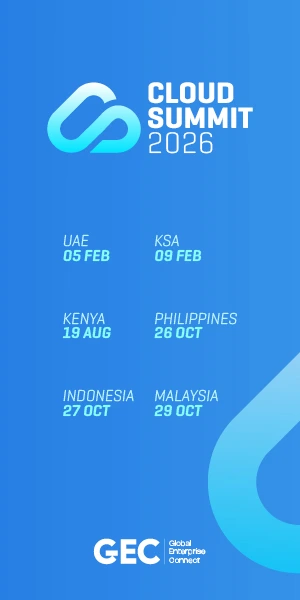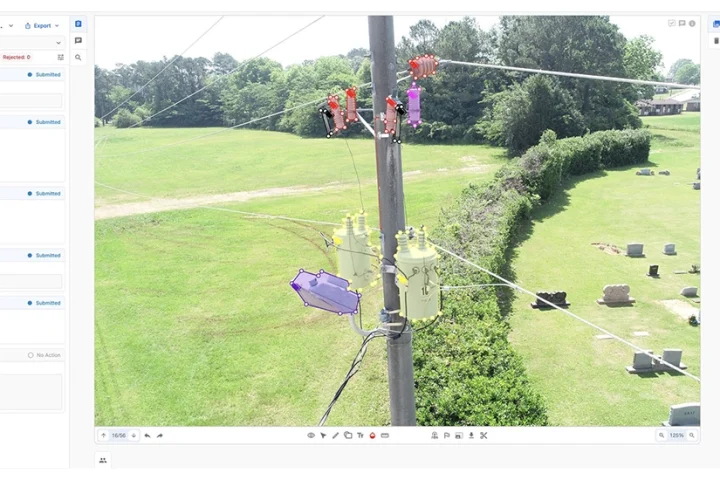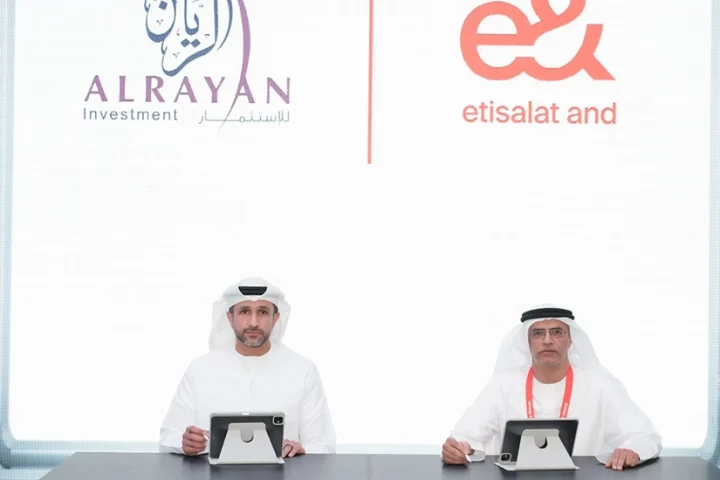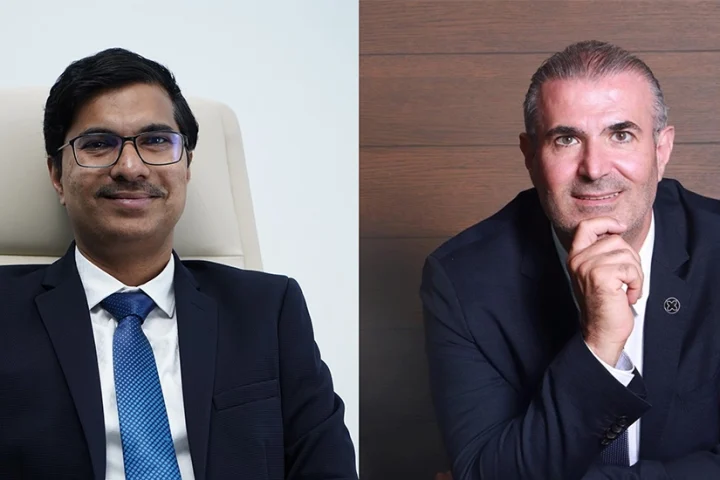What is your channel strategy for the Middle East Region? How do you cover this huge geography?
Intertec is committed to its technology partnerships to improve the range and quality of the services that it provides to end-users. We also have long-standing partnerships with SI’s available in markets where we are not directly present or pre-existing before our presence for market reach. In these partnerships, our ethics and credibility is very strong in business principles and hence we last the years together.
What is the state of Channel Partner Network in the region? How have you managed to remain focused in a rapidly evolving region like the Middle East?
Middle East is known for its agility and adoptability on technology space. We see new technology getting launched each day and Middle East embraces it within no time. Hence, we as an IT specialist have to maintain a very strong partner ecosystem to stay focused on the latest advancements in technology and ability to acquire the new skills via training and development programs. First hand feedback from customers, and learnings from tech analyst firms like Gartner also help us devise an effective and actionable channel plan.
With the channel partner market constantly evolving, what are the key elements that a partner should incorporate?
Channel partners can potentially fulfill needs along an organization’s value chain by enhancing the efficiency of access to new markets. Channel partners bring the vertical focus, local contacts and business know-how for their area that can take years to acquire – making them a great way to quickly make an impact for a new, or rapidly expanding, vendor. We believe commitment, values and strategic alignment are 3 most important elements for building a successful and long term channel partner.
What is the biggest challenge that the Middle East channel partners are facing?
Managing channel partners is not an easy business. Especially when it comes to Middle East, there are several challenges that we face. First and foremost, maintaining price integrity always remains a challenge. Looking at the increasing number of partners in this region, it is quite obvious that price standardization doesn’t work for vendors. Every vendor has some preferred partners whom they want to support based on their experience in specific domain, technical capabilities and of course, their relationship. Secondly, establishing goals and communicating these to your partners is an important objective. When your goals are not aligned with your partners you are bound to see disappointing results. Further, Stagnant Business Model plays crucial role in failure of your channel partner strategy. At some point, your partner management strategy may be working so well that you become complacent. In order to stay ahead of the competition, you need to focus not only on the demands of your existing partners, but the greater demands of the market in general. This is a constant challenge and requires flexibility in planning and support. While a successful channel program today is something to strive for, it is no guarantee of future success. Make sure you are engaging your channel partners in best practices and looking for ways to improve in areas that may help you expand your partner network and increase market share.
Now-a-days, vendors are demanding more from channel partners. How challenging is it to keep up to their expectations?
It’s not easy to meet your vendor’s expectations. They don’t just expect you to meet your revenue targets but also add value to their business. These days, we are seeing a number of partner engagement activities that are devised to engage and empower channel partners in various areas such as acquiring new skills, sales trainings, sponsored certifications, etc.
How are you adding value to your vendors whose products you represent?
Being one of the oldest IT services and solutions providers in Middle East, we bring a lot of domain experience and technical knowledge on the table for our vendors to learn from. On top of it, we have our timely customer feedback survey that covers the technological advancements in their specific industry. This feedback gets communicated to our vendors from time to time thus enabling them to innovate, enhance an existing product, and plan their marketing and sales activities around it. We have also set up a review mechanism with every vendor to check if we are in sync and aligned as per our business plan.
How do effective partner programs help you grow your business?
An effective partner program helps you innovate by gaining the market knowledge, build sales expertise and customer relationships to successfully sell your products and/or services. It further boosts your Marketing and Lead Generation activities thus helping you get better reach and visibility in the market. Investing in trusted advisory services for your partners is a long term strategy that is best suited for established partner programs.
If you could improve one thing in the channel business, what would that be?
I would improve the focus on solutions and vertical businesses to add value, rather than products. I would also hope to find strategic vendors that understand and support the investment in this direction.
What product or technology should the channel watch out for this year?
There’s a lot happening on AI, Process Automation, IoT and Cloud. We at Intertec are already focused on these solutions and signed a few projects but we believe it has got long way to go. We are committed to build a Center of Excellence for each of these solutions and innovate.
How are you raising your brand across this region?
Intertec has taken various initiatives to build a stronger brand in the Middle East. We are now more focused on Digital Marketing. In addition, our leadership publishes blogs and articles to create a thought leadership in niche areas. Next, we are participating in Gitex 2019 to demonstrate our capabilities to the world on Digital, Dynamics and Cloud. We also keep participating in many third party and vendor hosted events to gain visibility in the market. Apart from this, the traditional ways of brand awareness and brand building (such as email campaigns, print ads, loyalty programs, etc.) still remains a part of our marketing plan.



















